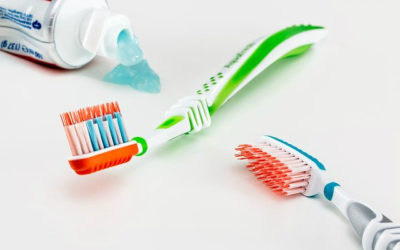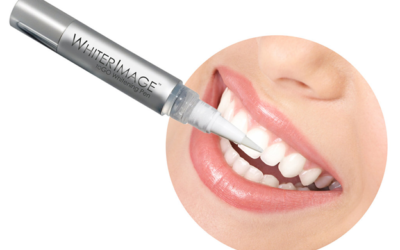‘Brush twice and floss regularly’
You must have heard of this since you were a kid and are probably following to ensure your teeth and gums remain strong. Most people also visit a dentist regularly to maintain good oral health. While we do everything in our capacity to maintain dental hygiene, there is still a chance that you develop infections that call for tooth extraction. Tooth extraction seems like a nightmare, but it usually saves your other teeth from being pulled out. In this article we’ll discuss some some signs that call for tooth extraction.
Infection
Poor oral hygiene, unhealthy eating habits, smoking, etc., can all be the cause of tooth decay. Tooth pain, sensitivity, change of tooth color, etc., are some signs of tooth decay. When not paid attention to, the decay can damage the pulp or nerves of your tooth. While root canal is usually recommended for a badly infected tooth, if the infection goes beyond the scope of the root canal treatment, then you may be recommended an extraction. This is because badly infected tooth can also harm the adjacent teeth, causing serious problems.
Crowding
Sometimes teeth may grow in wrong direction or shift to a wrong position. This may stop other teeth from erupting. Or, it may lead other teeth to adjust in the space left. This can cause crowding of teeth, which can further lead to oral and aesthetical issues. While crowding and misaligned teeth can be treated by braces and other orthodontic treatments, your dentist will first need to create space for the teeth to align. In such cases, dentists may recommend tooth extraction. Depending on your condition, the dentist may recommend pulling out one or more teeth.
Gum Disease
When bacteria enters the space between your gums and teeth, it can start irritating your gums. This can lead to swollen, red, and bleeding gums. This is the first stage of gum disease called gingivitis. Dentists can treat and save your teeth and gums from further decay. But, if left untreated, the disease may advance to periodontitis (advanced stage of gum disease). In this case, gums start to recede and pockets or small holes may appear on the gum surface. This expose your tooth and even the tooth nerves causing further decay. If the infection spreads to an extent where the situation is irreversible, then dentists recommend extraction of the tooth.
While these were some signs, cracked, chipped, or broken teeth may also call for an extraction. Such situations are emergency events that demand professional help. Maintaining oral hygiene can prevent you from losing your natural teeth. And, make sure you don’t forget to include regular dental visits as a part of your oral care routine.



